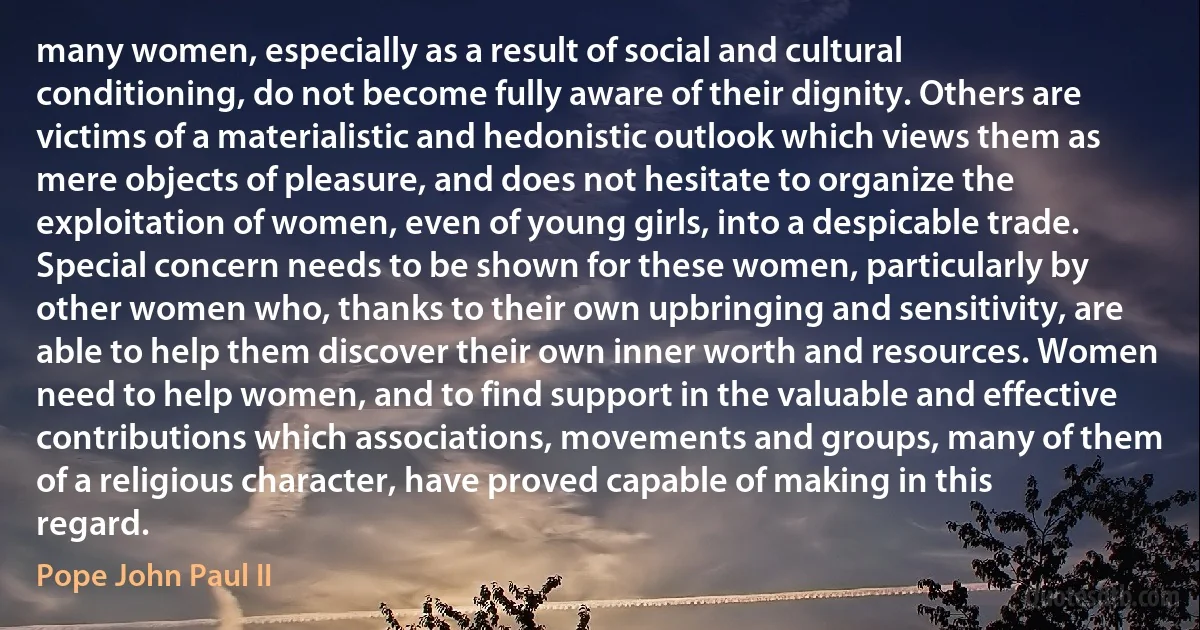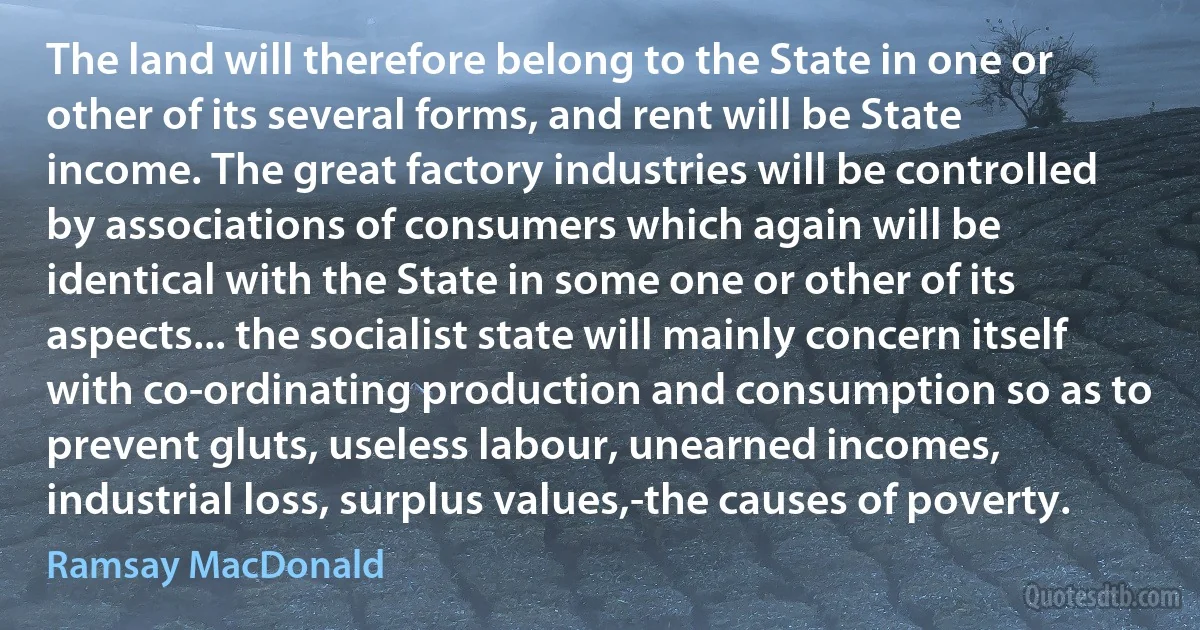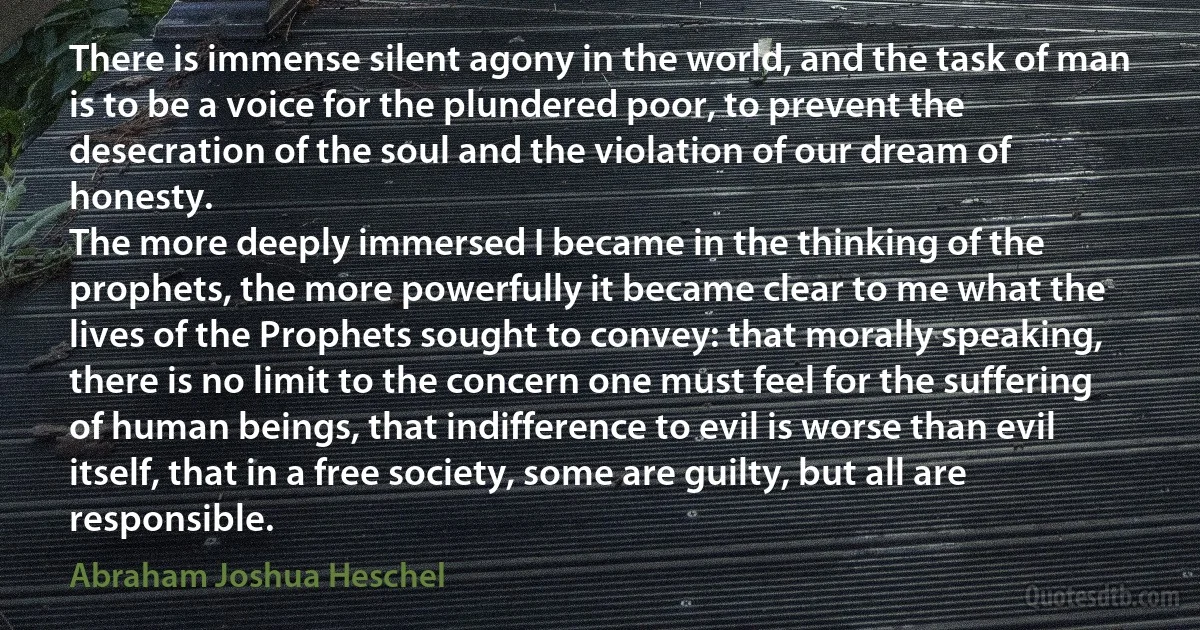Concern Quotes - page 41
Could I ask my friend if he recalls the recent testimony by Henry Kissinger, probably the most highly regarded individual in America today? He voiced his concern. His fundamental problem was that, as he put it, we have gone from negotiations to rid Iran from ever having the capability of developing nuclear weapons to delaying it. So that on its face--and again, I want to remind my friend from South Carolina that he and I and our beloved friend, former Member of this body, Joe Lieberman, made visit after visit to Baghdad and to Iraq. We probably were everywhere in that country on many occasions. And how well we remember the fight the surge brought on to bring stability to Iraq. It did bring stability. You remember the battle of Sadr City. Who was it that our forces, our young men and women, were fighting against, the Badr Brigades? Guess who is fighting in Tikrit today. The Badr Brigades.

John McCain
The country we live in is a laboratory. We have one experiment after another. Unfortunately, it is not a laboratory where no one gets hurt: some lives are enhanced, others are ruined. We have to view our society with concern and passion, and see what we can learn from each of our experiments. When we get upset and angry about politics - whether it is conservative, liberal, or whatever - we tend to think in terms of right and wrong, not what we can learn.

Charles A. Reich
The cause of America is in a great measure the cause of all mankind. Many circumstances hath, and will arise, which are not local, but universal, and through which the principles of all Lovers of Mankind are affected, and in the Event of which, their Affections are interested. The laying a Country desolate with Fire and Sword, declaring War against the natural rights of all Mankind, and extirpating the Defenders thereof from the Face of the Earth, is the Concern of every Man to whom Nature hath given the Power of feeling; of which Class, regardless of Party Censure, is the AUTHOR.

Thomas Paine
The sun never shined on a cause of greater worth. 'Tis not the affair of a city, a country, a province, or a kingdom, but of a continent-of at least one eighth part of the habitable globe. 'Tis not the concern of a day, a year, or an age; posterity are virtually involved in the contest, and will be more or less affected, even to the end of time, by the proceedings now. Now is the seed time of continental union, faith and honor. The least fracture now will be like a name engraved with the point of a pin on the tender rind of a young oak; The wound will enlarge with the tree, and posterity read it in full grown characters.

Thomas Paine
Altruism is an instinct we've inherited from the small society where we knew for whom we work, whom we serve. When you pass from this, as I like to call it, 'concrete society', where we are guided by what we see, to the abstract society which far transcends our range of vision, it becomes necessary that we are guided not by the knowledge of the effect of what we do, but by some abstract symbols. Now, the only symbol which tells us where we can make the best contribution is profit. And in fact by pursuing profit, we are as altruistic as we can possibly be, because we extend our concern to people who are beyond our range of personal conception. This is a condition which makes it possible to produce what I call an extended order, an order which is not determined by our aim, by our knowing what are the most urgent needs, but by an impersonal mechanism which by a system of communication puts a label on certain things which is fully impersonal.

Friedrich Hayek
If Kennedy is sincere - if his chief concern is that Massachusetts not be left for months without the services of a full-time senator - then he should do the right thing right now: He should resign. For well over a year, Massachusetts has not had the "two voices...and two votes in the Senate'' that Kennedy says its voters are entitled to. Sickness has kept him away from Capitol Hill for most of the last 15 months. He has missed all but a handful of the 270 roll-calls taken in the Senate so far this year. Through no fault of his own, he is unable to carry out the job he was reelected to in 2006. As a matter of integrity, he should bow out and allow his constituents to choose a replacement.

Ted Kennedy
Masonically we are heirs of past. Our Masonic ancestors gave the craft devotion, loyalty and faith and made it an illustrious institution in the world. It should be our religious duty to appreciate and conserve the rich inheritance. In view of the increasing complexity of life and the maintenance of the best and highest traditions of the Craft, great care and concern should be displayed, if Freemasonry has to function in the best interests of humanity. It has been truly said, that an inspired and inspiring dedication to service should be the part of every Mason's life. Let us not give in to skepticism. There is all the difference between a pessimist and an optimist, in any field of human endeavour. One looks at his glass and cries "My glass is half empty”. The optimist looks and exclaims "My glass is half full”.

Jayachamarajendra Wadiyar
The task I am called upon to perform today is to my thinking by no means a merely formal or easy matter. It fills me with deep concern to give an address, with such authority as a president's chair confers, upon a science which, though still in a purely nascent stage, seems to me at least as important as any other science whatever. Psychical science, as we here try to pursue it, is the embryo of something which in time may dominate the whole world of thought. This possibility - nay, probability - does not make it the easier to me now. Embryonic development is apt to be both rapid and interesting; yet the Prudent man shrinks from dogmatizing on the egg until he has seen the chicken.

William Crookes
It makes a big difference whether you give something back or pay it off...
The framers of the laws instituted festivals, in order that men should be publicly compelled to gaiety, as a necessary temperance for labors; We remember the great orator Pollio Asinius, who was not detained by anything beyond the tenth hour: he did not even need letters for an hour after that, so that no new concern arose, but he put the fatigue of the whole day in those two hours. Some joined in the middle of the day and put off some lighter work in the afternoon hours. Our elders also forbade a new report to be made in the senate after ten o'clock. The army divided the vigils, and the night was safe from the return of the expedition.

Seneca
There was only one catch and that was Catch-22, which specified that a concern for one's safety in the face of dangers that were real and immediate was the process of a rational mind. Orr was crazy and could be grounded. All he had to do was ask; and as soon as he did, he would no longer be crazy and would have to fly more missions. Orr would be crazy to fly more missions and sane if he didn't, but if he was sane he had to fly them. If he flew them he was crazy and didn't have to; but if he didn't want to he was sane and had to. Yossarian was moved very deeply by the absolute simplicity of this clause of Catch-22 and let out a respectful whistle.
"That's some catch, that Catch-22," he observed.
"It's the best there is," Doc Daneeka agreed.

Joseph Heller
September 11, 2001, was just another day for most of the world's desperately poor people, so presumably close to 30,000 children under five died from these causes on that day-about ten times the number of victims of the terrorist attacks. The publication of these figures did not lead to an avalanche of money for UNICEF or other aid agencies helping to reduce infant mortality. In the year 2000 Americans made private donations for foreign aid of all kinds totaling about $4 per person in extreme poverty, or roughly $20 per family. New Yorkers who were living in lower Manhattan on September 11, 2001, whether wealthy or not, were able to receive an average of $5,300 per family. The distance between these amounts encapsulates the way in which, for many people, the circle of concern for others stops at the boundaries of their own country-if it extends even that far.

Peter Singer
A forthcoming book by Harry Markowitz, Techniques of Portfolio Selection, will treat the general problem of finding dominant sets and computing the corresponding opportunity locus, for sets of securities all of which involve risk. Markowitz's main interest is prescription of rules of rational behaviour for investors; the main concern of this paper is the implications for economic theory, mainly comparative statics, that can be derived from assuming that investors do in fact follow such rules.

James Tobin
And, on this principle, Witzel's papers themselves are "devoid of scholarly value”, since he is also "motivated” by the desire to counter the Indian homeland theory. Erdosy testifies that "the principal concern” of scholars (like Witzel) studying South Asian linguistics is to find "evidence for the external origins - and likely arrival in the 2nd millennium BC - of Indo-Aryan languages”; and Witzel himself admits that his historical analysis of the Rigveda is motivated by the desire to counter "recent attempts (Biswas 1990, Shaffer 1984) to deny that any movement of Indo-European into South Asia has occured.”.

Shrikant Talageri
There was far more to Sharon than a lovely face and a sexy figure. What enchanted me about her as much as anything was her immutable good nature, her high spirits, her love of people and animals-of life itself. Over-demonstrative, over-solicitous women had always made me uneasy, but Sharon struck the perfect balance between affection and concern. Though more a spectator than a participant in our gags and shenanigans, she had a great sense of humour. She was also a born housewife. Aside from cooking like a dream, she used to cut my hair, a skill acquired from Jay Sebring. She liked to pack my bag whenever I had to take a trip. She always knew exactly what to put in-so much so that I can never pack or unpack, even today, without thinking of her.

Sharon Tate
The Labor Party has no objection whatever to the Germans practicing nazi-ism in Germany; that is their concern. We do not engage in any philisophic discussions with them about that system so long as they make no endeavour to foist it by force upon people outside their country. We stand for self-government. In the same way, we offer no opinions regarding the justification or non-justification of bolshevism in Russia; that is the concern of the Russian people. Their form of government is their own affair, just as our form of government is our affair. The Labor Party believes in the right of peoples to govern themselves, and to enjoy a way of life which they themselves decide upon. We concede that right to Russia. We concede that right to Germany, and it is because we are claiming it for ourselves, and Germany denies it to us, that we are at war with Germany.

John Curtin
The media misquoted me, saying that I called homosexuals garbage. That was not what I said. As I talked about our concern for the health and diet of our children and other people's children, I said, "If they are exposed to homosexuality, I might as well feed them garbage." I think there is a difference, but I leave it to the reader to interpret as you wish- we did not resort to name-calling at any time during the campaign in Miami.

Anita Bryant



